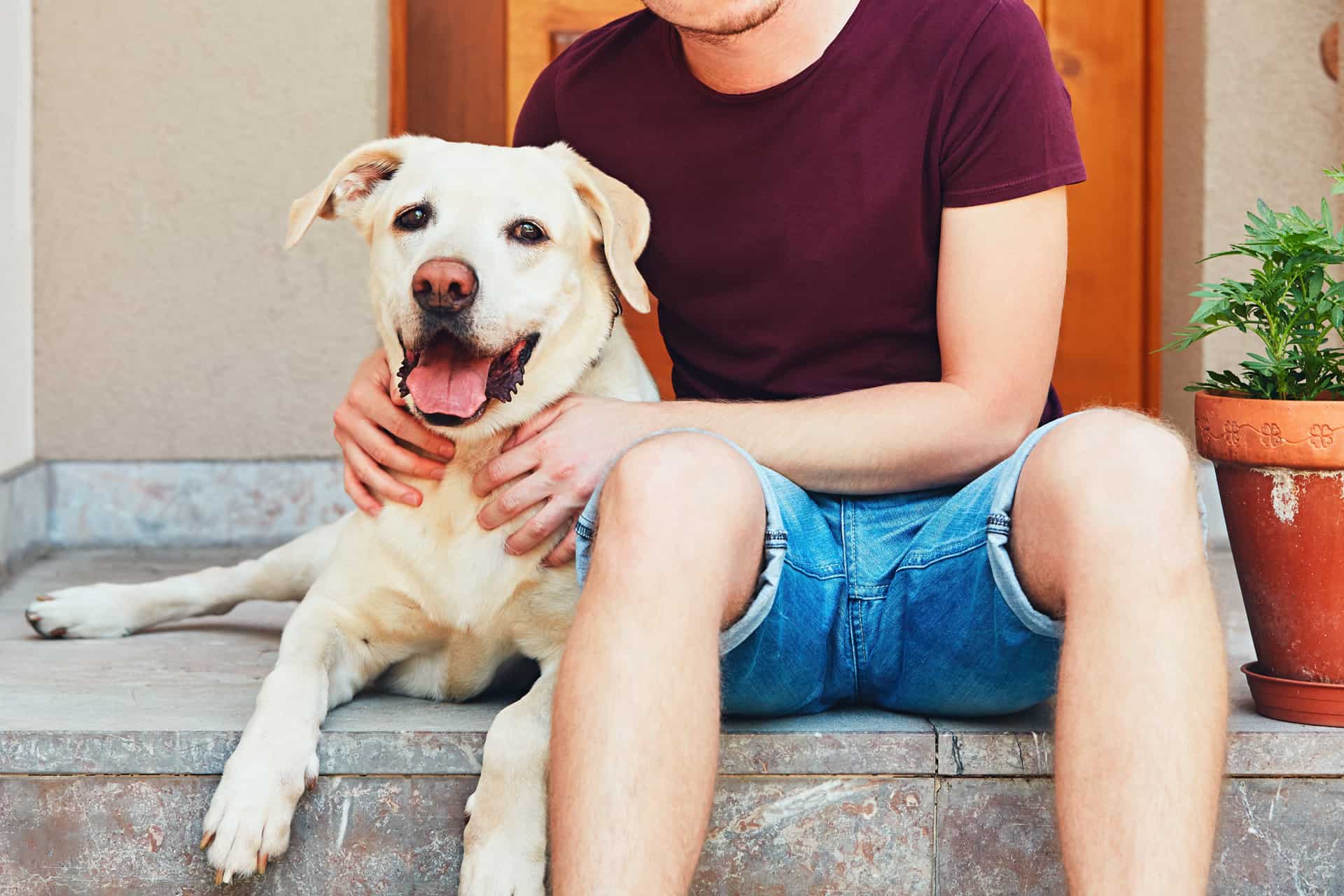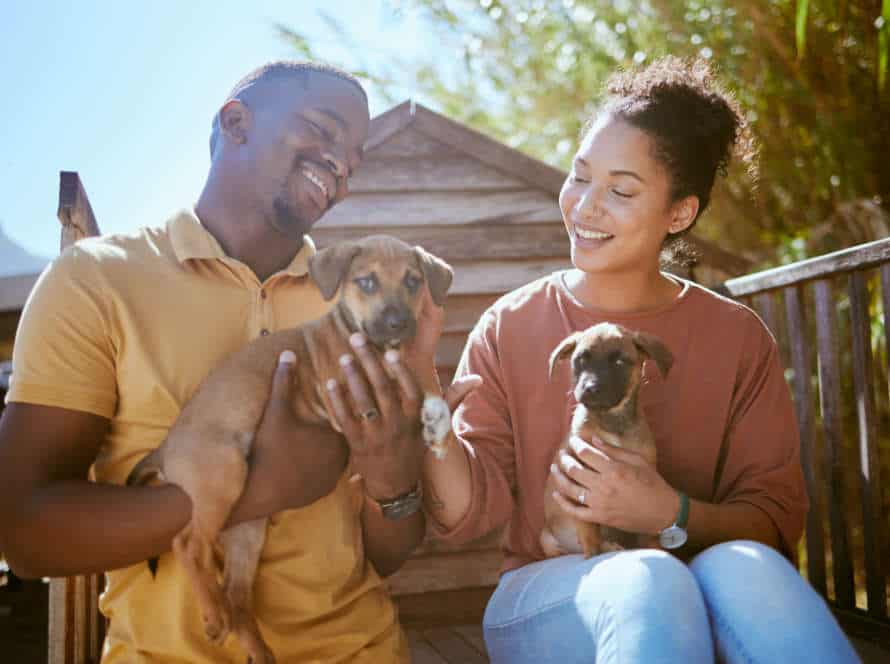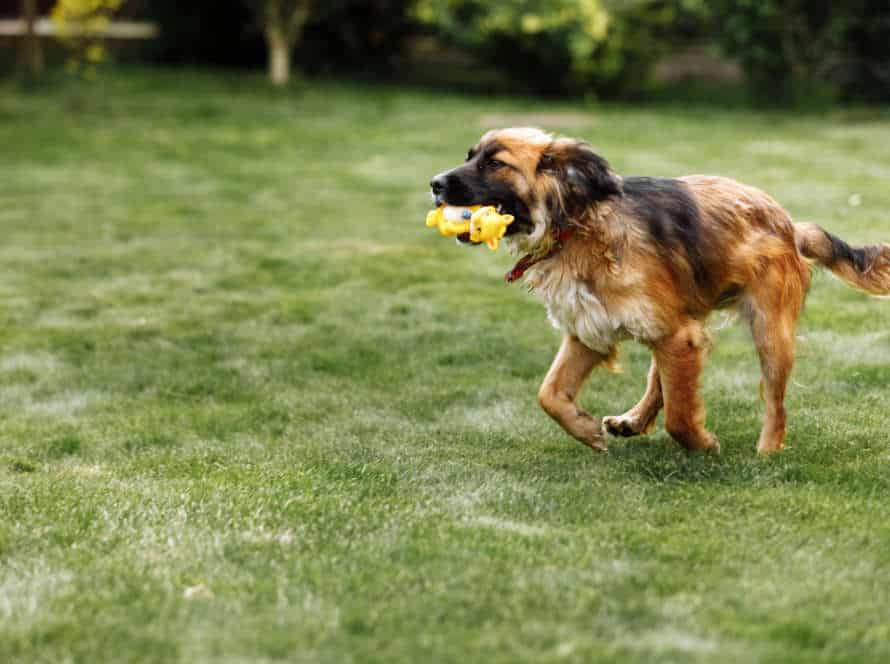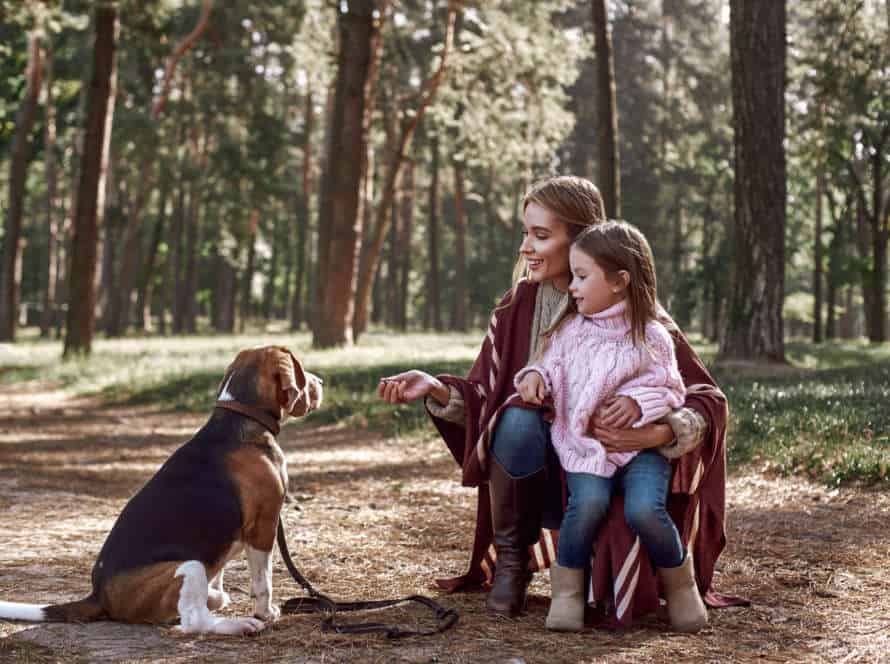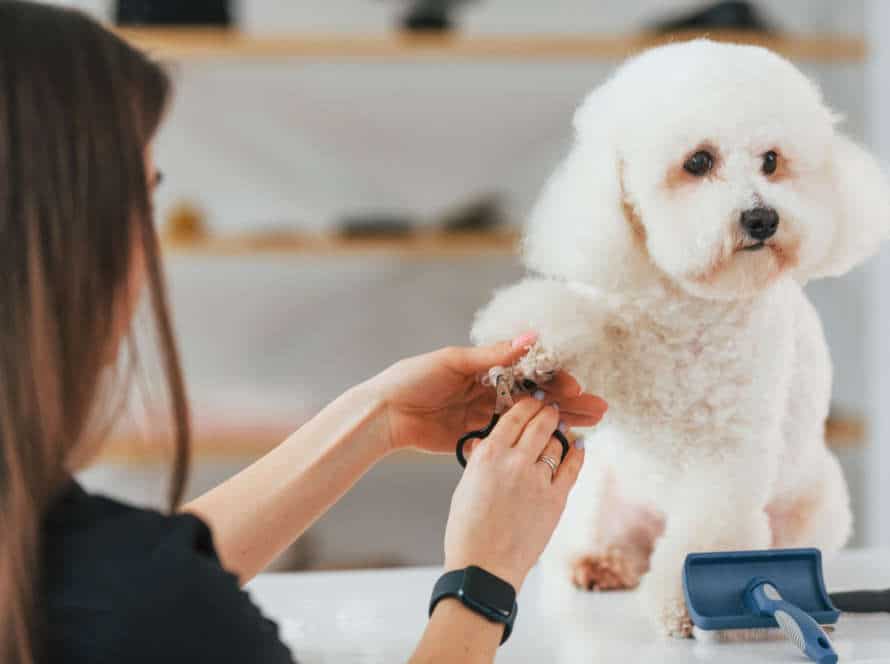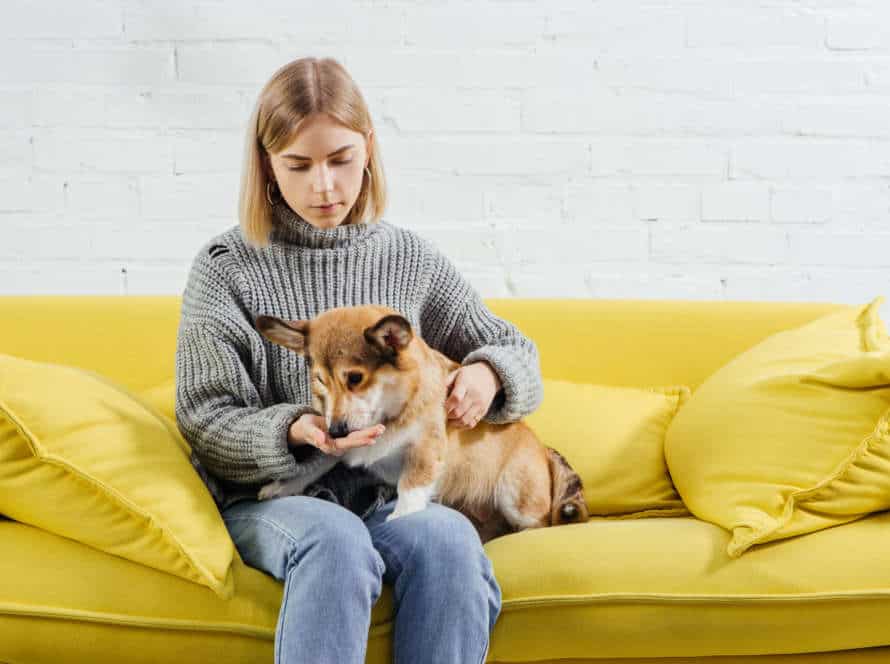Building Trust with Your Senior Dog: Tips for a Strong Bond
Gaining trust with your senior dog is crucial to have a strong connection. Here are some ideas to help build trust:
- Take time to spend with your senior pup, give them all your attention.
- Be active and have fun with playtime to keep your senior pup fit and healthy.
- Show love through petting and use a gentle voice.
- Make sure your senior pup has a secure and relaxing area.
- Be consistent with training, use rewards for good behavior.
- Be understanding and give your senior pup more time and care.
These strategies will help build trust between you and your senior pup, and strengthen the bond you share for many years.
Understanding Your Senior Dog’s Needs
Creating trust with elderly canines is a must for any great relationship. Remember, elderly pooches have different needs than their younger siblings. It can be hard for them to put their trust in you due to physical or mental changes. Be understanding and patient when it comes to these changes. Spend time creating a bond with your elderly pup. Here are some tips to help you do just that:
Recognize the physical and mental changes that come with aging
As dogs age, physical and mental changes occur. These can affect their behaviour, health, and daily routine. So, it’s important to recognize these changes to understand your senior dog’s needs and give them the best care.
Physical changes include graying hair, less energy, arthritis, and vision or hearing loss. Mentally, they may have anxiety, confusion, and even depression. They may not respond to commands, forget training, or have different sleep patterns.
To keep your senior dog healthy, regular vet visits are necessary to detect and treat any medical issues. Also, modify their diet, exercise, and living conditions for their aging bodies and minds. Bonding with them through play, grooming, and creating a consistent routine helps build trust and strengthen the relationship.
Be patient and understanding with your senior dog
As your pup ages, their body, behavior, and habits also age. Patience and understanding is essential for a strong connection and good health for your senior dog. Here are some tips to help:
- Regular vet visits. For monitoring any health issues.
- Exercise – but not too intense. Adjust the level and frequency based on their fitness levels.
- Comfy living space. Make sure they can access it easily – no stairs!
- Dietary needs. Check with the vet for the right food and portion size.
- Be patient. Senior dogs may take longer and need more breaks. Building trust takes time and effort, but it’s all worth it for the love and companionship!
Adjust the environment to accommodate your senior dog’s needs
To give your senior pup the best life possible, you need to make a few adjustments to their environment. Here are some tips:
- Ensure your senior dog is comfy in any temperature. They’re more sensitive to the heat and cold than younger dogs, so keep them warm when it’s chilly and cool when it’s hot.
- Provide a soft and supportive bed for them. Joint pain can occur as they age, so make sure their bed is cozy.
- Feed them a diet tailored to their changing needs. They’ll require less protein and calories than younger dogs, to remain healthy and avoid gaining weight.
- Exercise them, but adjust to their abilities. Moderate exercise will keep them fit and mobile, but stay away from activities that can hurt them.
- Spend quality time with them, doing activities they enjoy. Bonding with them and making them feel loved and supported will make their golden years even better.
Ways to Build Trust with Your Senior Dog
As your doggo grows older, it’s key to make sure they feel safe and sound. Establishing trust with your senior pup can be an awesome way to help them ease into their new environment. Plus, it’ll reinforce a strong bond between you and your pet. But, it’s not always so simple. This article will give you some tips and tricks to build trust with your elderly furry friend.
Taking your senior dog on daily walks
Go on daily walks with your senior pup! It’s necessary for their health, plus it builds trust and a strong bond. Here’s how to do it right:
- Let your dog set the pace, and take breaks when needed.
- Use treats, praise, and affection to reward good behavior.
- Respect any physical or mental limitations they may have.
- Use a harness or gentle leader to protect their neck and trachea.
- Stay positive and calm to show your dog it’s a safe and happy experience.
Pro Tip: Change up the route, smells, and sights to keep your senior dog’s mind active and prevent boredom.
Engage in playtime together
Playing with your senior pup is a great way to build trust and strengthen your bond. Here are some tips:
- Choose toys that suit your pup’s age and abilities.
- Keep playtime short, around 10-15 minutes, to avoid over-tiring them.
- Include mental stimulation in the play, like hide-and-seek or hiding treats.
- Watch your pup’s behavior and mood to be sure they’re comfy and having fun.
Playtime is an awesome way to maintain physical and mental health while connecting with your senior pup.
Use positive reinforcement training methods
Reward-based positive reinforcement training is a great way to build trust with your senior dog. Treats, praise, and attention help to reinforce good behaviour. Punishment or negative reinforcement can damage the trust between you both. Patience and consistency are key. Learn about your dog’s personality, likes and dislikes. Give them time each day to play, cuddle and explore together. With these tips, you’ll create a wonderful bond with your senior pooch!
Establish routines and stick to them
Set up habits and stay with them – this is an easy yet successful way to make your older dog feel secure. Dogs like certainty and reliability, so making routines can help ease anxiety and make them feel safer. Here are some ideas for your senior pup:
- Give them meals at the same times and stay consistent.
- Come up with a physical activity plan that’s suitable for their ability and energy level.
- Walk the same route every time, keep it steady.
- Have a bedtime ritual – cuddles and a bedtime story, for example.
- Get creative and give them brain games – like puzzle toys or nose work.
- Be understanding, it may take some time for your old friend to get used to the new routine.
Creating a Safe and Happy Home for Your Senior Dog
Ensuring a safe and kind atmosphere for your elderly pooch is paramount for developing trust and a strong connection. You desire to make sure your senior pup feels protected, secure, and content in their space. There are certain steps you can take to construct a secure, nourishing environment for your senior pup. Here, we will go over how to form a perfect home for your senior dog.
Accommodate to your senior dog’s physical limitations
Making a secure and content home for your elderly pooch is necessary for their well-being and quality of life. It’s vital to adjust for your senior pup’s physical constraints to keep them comfortable and safe.
Here are some tips:
- Give them soft, comfortable bedding that supports their joints and eases pressure points.
- Set their food and water bowls at a pleasant height to avoid neck and back strain.
- Avoid having your older dog climb stairs; use a ramp if needed.
- Keep your house brightly lit to improve their sight and avoid falls.
- Take your elderly pup for short strolls and exercise to maintain their muscle strength and mental stimulation.
Growing trust with your senior dog is also important to help them mature gracefully and cheerfully. Spend quality time with them, be patient, and encourage them to build a strong connection.
Ensure comfortable sleeping arrangements
As our furry pals age, they need extra love and care, especially when it comes to sleep. Here are some tips for making a cozy sleeping environment for your senior pup:
- Get a bed that offers great joint support.
- Put the bed in a quiet, draft-free place near your pup.
- Make sure the room isn’t too hot or cold.
- If your pup needs extra warmth, get a blanket or heat pad.
- Give them enough space to stretch out.
With a bit of attention, you can make sure your senior pup’s sleeping space is comfy and peaceful.
Provide an enriched environment for your senior dog
As your pup grows older, it is essential to give them a stimulating and secure environment. Here are some tips for keeping your senior pup healthy and content:
- Make sure they have a comfy spot to relax.
- Put down non-slip rugs and carpet runners to prevent slipping.
- Get a low-entry bed so they don’t have to jump.
- Choose toys that match their age, size, and character.
- Take them on slow and short walks.
- Visit the vet regularly to ensure they’re healthy.
- Show them love, tolerance, and understanding.
Creating trust with your senior pup is very important for their mental wellbeing. Keep a routine, be patient, and stay consistent with training signals. Don’t forget, your care, love, and attention are critical for strengthening your bond with your furry friend!
Adjust your senior dog’s diet as they age
It’s crucial to adjust your senior dog’s diet as they age. To help keep them healthy, here are some tips:
- Choose high-quality food for their breed, size, and health needs.
- Pick food with lean proteins, whole grains, and healthy fats. Lower in calories and sodium.
- Supplements like glucosamine and chondroitin can aid joint health.
- Feed your pup smaller, more frequent meals throughout the day. Avoid overeating and weight gain.
- Talk to your vet for the best diet and any health issues your senior dog may have.
- Always give your senior pup lots of fresh water. Hydration is key to their health and well-being.
Improving Your Senior Dog’s Quality of Life
Senior dogs need enjoyable lives. Build trust with your pup and give them quality time. Here are tips to strengthen your bond and improve their life:
- Spend time together.
- Show affection.
- Give them exercise.
- Feed them healthy food.
- Provide vet care.
- Keep them mentally and physically stimulated.
- Pamper them!
Pay attention to your senior dog’s physical and mental health
As your pup grows old, it’s key to pay attention to both their mental and physical well-being. Here are tips to keep in mind:
Physical Health:
- Vet check-ups are a must for older dogs. They can identify and treat any health problems early.
- Make sure your pet eats a balanced diet that suits their age and health.
- Provide exercise for your senior dog, but be aware of limitations. Senior dogs may not be able to do the same as younger ones.
Mental Health:
- Mental stimulation is important. Provide interactive toys and puzzles.
- Give your senior dog quality time and your full attention. This can help build the bond between you two.
- Finally, listen to your senior dog’s needs and limits. Making sure they’re comfy and content can boost their quality of life.
Schedule regular visits to the vet
Vet visits are key for your senior pup’s wellbeing! Regular check-ups and exams can help detect any health problems early. Here are a few tips for scheduling visits:
- Choose a vet you and your pup are comfy with. This lets you build a trusting relationship.
- Schedule check-ups every 6-12 months. Older dogs may need different vaccinations, so chat with your vet about this.
- Monitor your pup’s behavior and symptoms – keep an eye on changes and tell your vet during check-ups.
Pro Tip: Vet visits can help your pup live a happier and healthier life!
Incorporate massages and stretching in your senior dog’s routine
Massages and stretching can be great for your senior dog. It can help the pet’s quality of life and make them trust you more. Massages ease soreness, reduce tension, and increase blood flow. Rub the muscles around the neck, shoulders, hips, and back. Stretching exercises improve flexibility and mobility, while also reducing joint stiffness. Extend their legs forward and backward, as well as side-to-side. Watch for signs of discomfort or pain. If you see any, stop right away and talk to the vet. Showing love and care with massages and stretching is a great way to keep your pet healthy in their golden years.
Look for ways to promote mental stimulation
As your pup ages, it’s essential to focus on mental stimulation for a top-notch life. Here are some ideas for promoting mental stimulation:
- Puzzle toys: Give your dog puzzle toys or treat-dispensing toys to work on their problem-solving skills.
- Training and tricks: Teach new commands or tricks to keep their mind active.
- Scent work: Hide treats around the house or yard and have your dog use their nose to find them.
- Short walks: Take short walks in new places for stimulating experiences.
- Socialization: Socialize with other dogs and people to sharpen social skills and provide mental and emotional stimulation.
These activities will help you and your senior pup build a strong bond and improve their quality of life.
Dealing with End of Life
Caring for an older pup can be tricky! When it comes to the end of their life, they become more reliant on you. Building trust and creating a strong bond with your pup while they are in bad health can be a challenge. Here are some tips to make the process of dealing with the end of life smoother and more rewarding:
Recognize when it’s time to let go
Making the decision to let go of your senior pup is difficult for any pet parent. Bonding and understanding when it’s time to say goodbye is crucial. Here are some signs that indicate it may be time to consider end-of-life care:
- Your pup hasn’t eaten or drunk for a long time.
- Medication or treatments can’t manage its pain or discomfort.
- It’s lost control of bodily functions like peeing or pooping.
- Chronic and debilitating health conditions are impacting their quality of life.
It’s your responsibility to give your senior pup the care it needs, including end-of-life care. Speak to your vet to make an informed and loving choice for your furry pal.
Make decisions based on your senior dog’s quality of life
As a pet owner, it’s key to decide your senior pup’s end-of-life care based on their quality of life. Here are some points to bear in mind for a strong bond with your senior pup:
- Observe if they show signs of discomfort, pain or distress.
- Keep an eye on their eating habits, activity level and overall mood.
- Chat to your vet about any necessary changes in medication or routine that can boost their quality of life.
- Think about lifestyle changes that can help your senior pup, such as a comfy bed, non-slip mats, and less physically demanding activities.
Most importantly, be there for your pup and give them comfort and support. You should remember, senior pups need extra love and attention in their last phase of life.
Seek support from a veterinarian or a pet loss support group
As a pet owner, it’s never easy to face the end of life of your senior dog. Seeking support from a vet or pet loss support group can help you cope with the tough decisions and emotions.
A vet can give advice on managing your dog’s pain and discomfort. Plus, they can guide you when it comes to end of life decisions like hospice care or euthanasia.
On the other hand, a pet loss support group can provide a secure place to express your feelings. You can talk about memories of your dog and get emotional help during the grieving process.
Remember: Creating a strong bond with your senior dog during their last days can be soothing for you and your pet. Cherish the time you have together and seek assistance when needed.
Pro tip: Keep a journal or a scrapbook of your dog’s life and special moments to remember and honor them after they’re gone.
Frequently Asked Questions
Q: How can I build trust with my senior dog?
A: Building trust with your senior dog takes time, patience, and consistency. You can start by establishing a routine and sticking to it, showing your dog love and affection, and taking the time to listen to their needs and preferences.
Q: What are some tips for creating a strong bond with my senior dog?
A: Spending quality time with your senior dog, providing them with mental and physical stimulation, and engaging in activities they enjoy can help strengthen your bond. Consistency, clear communication, and positive reinforcement are also key factors in building a strong relationship with your dog.
Q: How can I show my senior dog that I am trustworthy?
A: Consistency, honesty, and reliability are essential in building trust with your senior dog. Make sure to follow through on promises, listen to their needs, and provide them with a safe and comfortable environment. Avoid punishment-based training methods and focus on positive reinforcement to show your dog that you are a trustworthy and reliable companion.
Q: What can I do to help my senior dog feel more comfortable and secure?
A: Providing your senior dog with a comfortable and safe environment, including a warm and cozy bed, regular exercise, and a balanced diet, can help them feel secure. Additionally, spending quality time with your dog and providing them with plenty of love and affection can help increase their sense of comfort and security.
Q: How can I address trust issues with my senior dog?
A: If your senior dog has trust issues, it is essential to be patient and consistent with them. Avoid punishment-based training methods and focus on positive reinforcement. You may also want to consult with a professional dog trainer or behaviorist to help address any underlying issues and develop a plan to rebuild trust with your dog.
Q: How can I maintain trust with my senior dog as they age?
A: Maintaining trust with your senior dog means continuing to show them love, patience, and consistency. As your dog ages, their needs may change, so it is important to remain adaptable and flexible in your approach. Regular veterinary visits and regular exercise can also help keep your senior dog healthy and happy.

